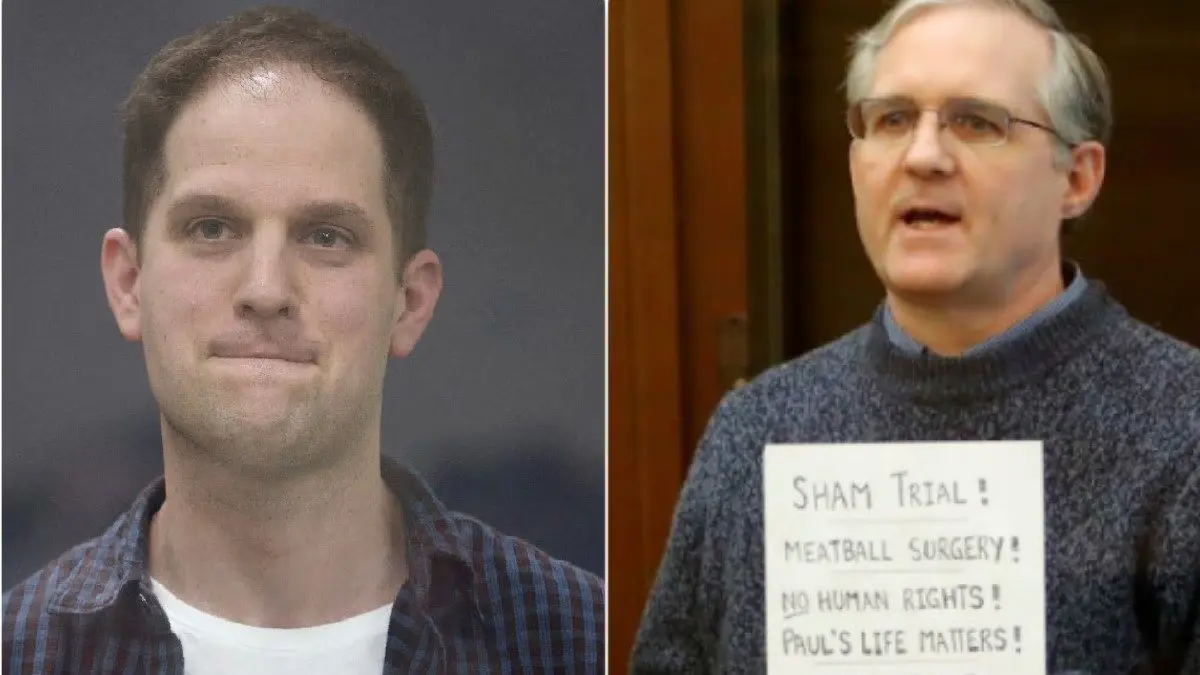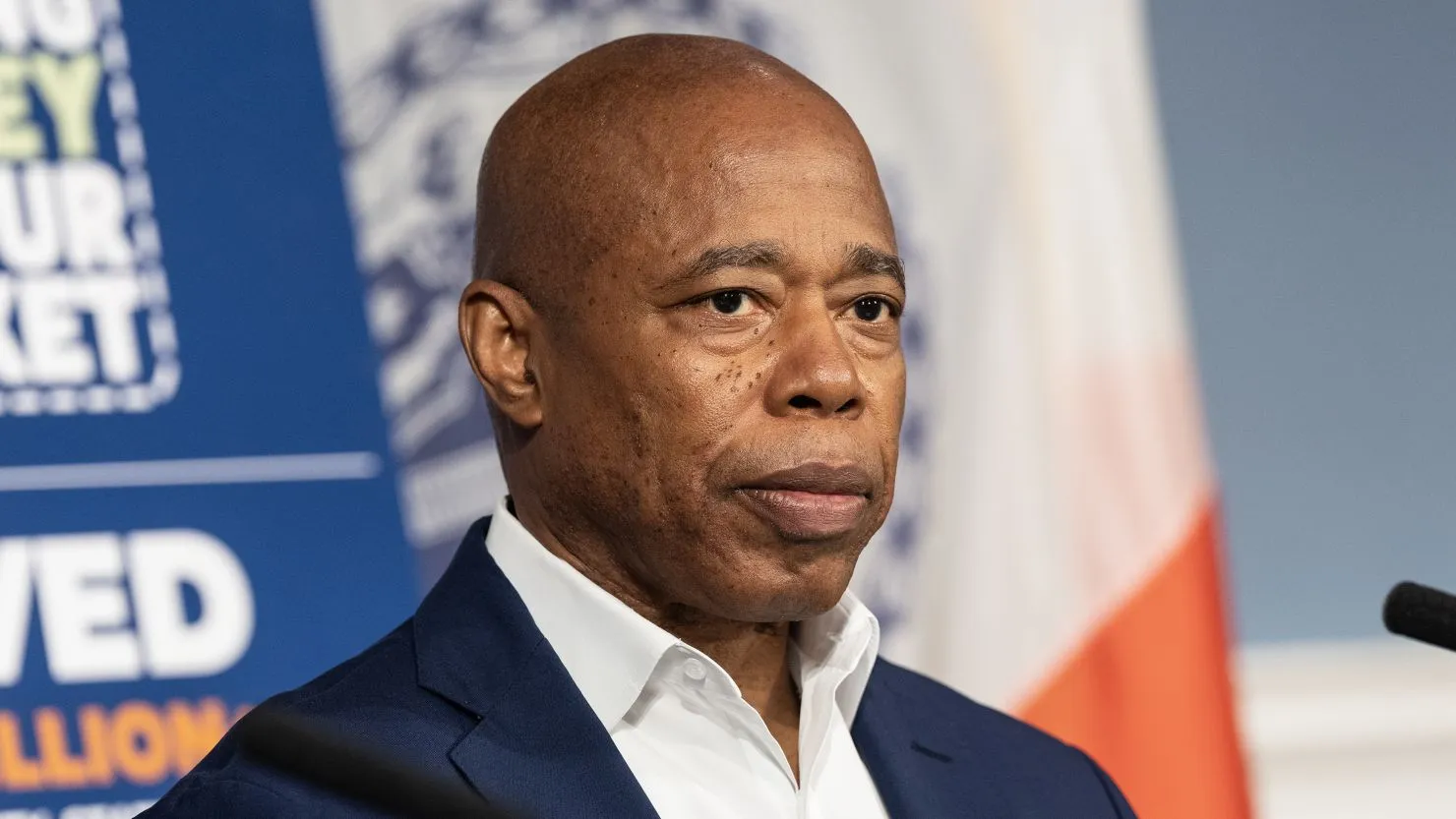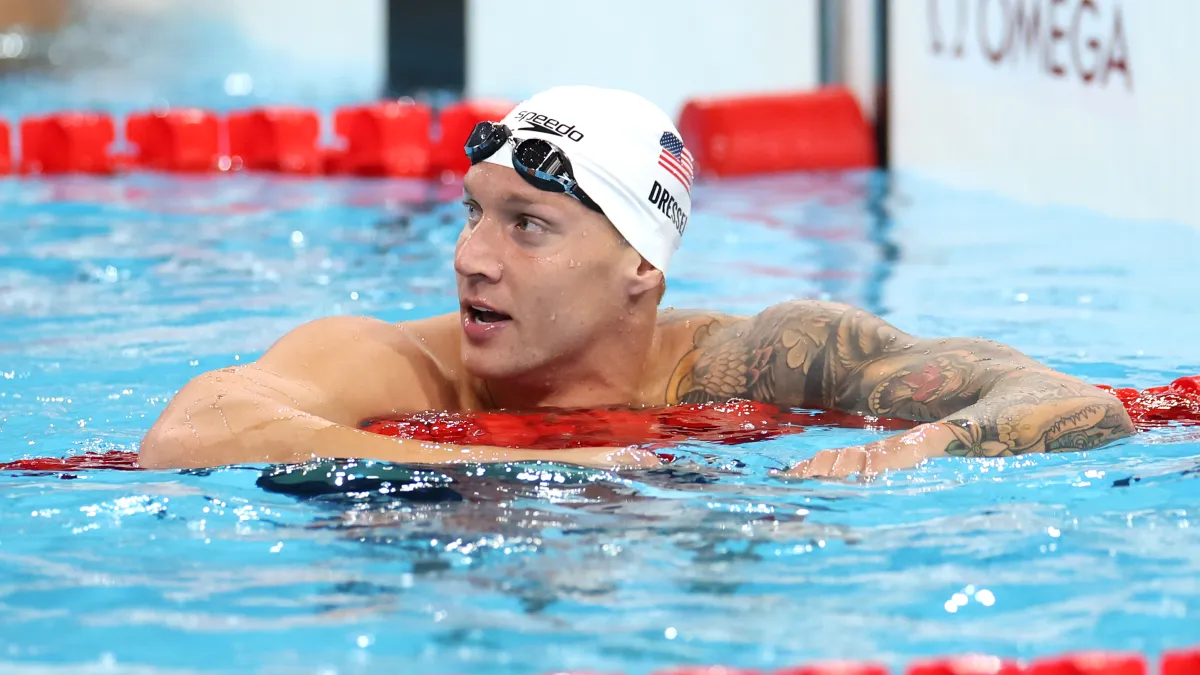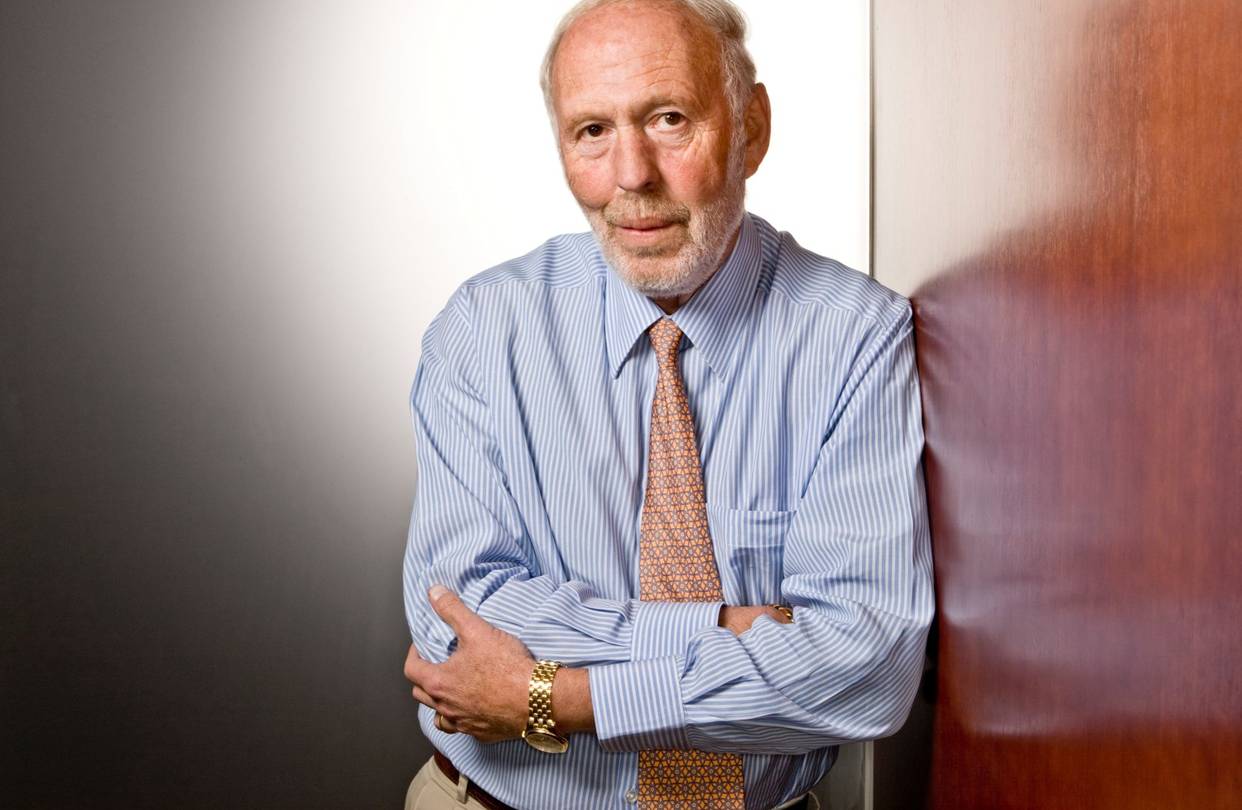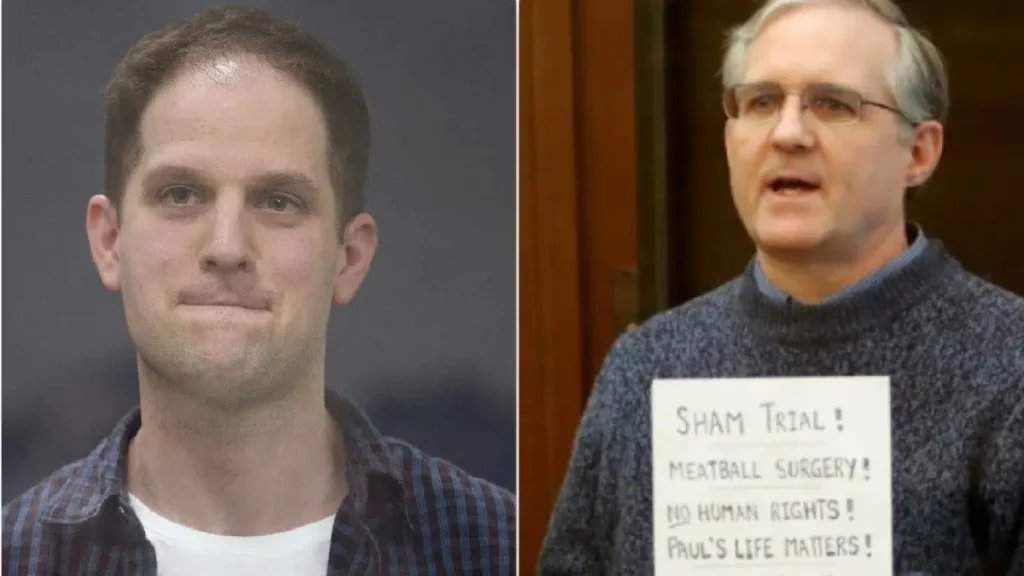
In a historic and unprecedented move, Russia has released American citizens Evan Gershkovich and Paul Whelan as part of a multi-country prisoner swap. This monumental exchange has captured global attention, marking a significant diplomatic event.
The Prisoner Swap: An Overview
The prisoner swap, orchestrated through intense negotiations involving several countries, has led to the freedom of Evan Gershkovich and Paul Whelan. Both individuals had been detained in Russia under charges that sparked widespread controversy and diplomatic tension between Russia and the United States.
Evan Gershkovich: The Journalist in Detention
Evan Gershkovich, a journalist, was detained in Russia on charges of espionage. His arrest drew condemnation from various international media organizations and human rights groups, who argued that the charges were unfounded and politically motivated. Gershkovich’s detention was seen as a stark reminder of the risks faced by journalists working in hostile environments.
Paul Whelan: The Corporate Security Executive
Paul Whelan, a former Marine and corporate security executive, had been imprisoned in Russia since 2018 on charges of spying. Whelan consistently maintained his innocence, and his case became a focal point of diplomatic efforts between the U.S. and Russia. His family and supporters have campaigned tirelessly for his release, highlighting the harsh conditions of his imprisonment and the lack of credible evidence against him.

The Diplomatic Efforts Behind the Release
The release of Gershkovich and Whelan was the result of complex diplomatic negotiations involving multiple countries. The specifics of the prisoner swap have not been fully disclosed, but it is understood that the deal involved concessions and agreements that required delicate handling by all parties involved.
Key Players in the Negotiation
- United States: The U.S. government played a crucial role in negotiating the release of its citizens. High-level officials, including diplomats and representatives from the State Department, were involved in the discussions.
- Russia: Russian authorities, including the Foreign Ministry, were key participants in the negotiations, balancing their strategic interests with the diplomatic demands.
- Third-Party Nations: Several other countries acted as intermediaries and facilitators in the negotiations, providing neutral ground for discussions and helping to broker the final agreement.
The Impact of the Prisoner Swap
On U.S.-Russia Relations
The release of Evan Gershkovich and Paul Whelan is a significant event in the context of U.S.-Russia relations. It demonstrates that, despite the ongoing tensions and geopolitical conflicts, both nations are capable of engaging in diplomatic negotiations and achieving mutually beneficial outcomes. However, it also highlights the complexities and challenges inherent in these bilateral relationships.
On International Diplomacy
This multi-country prisoner swap sets a precedent for future diplomatic negotiations involving detained nationals. It underscores the importance of international cooperation and the role of diplomacy in resolving conflicts and humanitarian issues.
On the Individuals Involved
For Evan Gershkovich and Paul Whelan, the prisoner swap marks the end of a long and arduous journey. Their release is a moment of relief and joy for their families, friends, and supporters, who have tirelessly advocated for their freedom.
Table of Contents
Conclusion
The historic multi-country prisoner swap that led to the release of Evan Gershkovich and Paul Whelan is a landmark event in international diplomacy. It not only signifies a victory for the individuals and their families but also exemplifies the power of negotiation and cooperation in resolving complex international issues. As both men return to their lives, their stories will continue to be a reminder of the enduring importance of human rights and the ongoing efforts to protect them in a global context.

